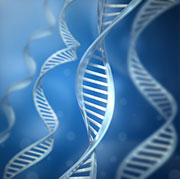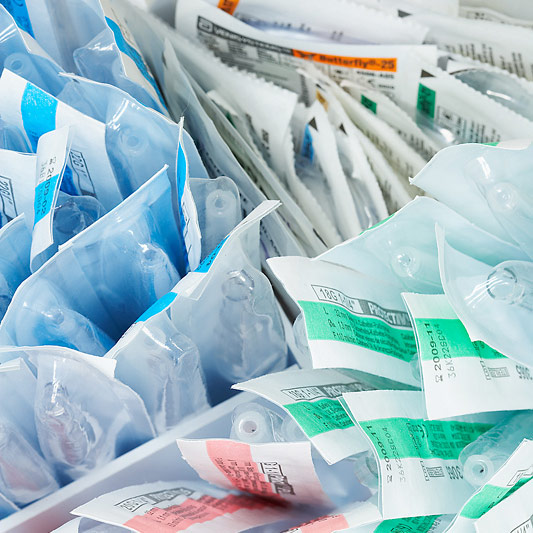
MONDAY, Dec. 8, 2014 (HealthDay News) — Many Americans would take some type of action if they learned they had a genetic risk for a disease, even if they weren’t actually ill, a new study finds.
Adults in a nationwide survey were asked to imagine they had a genetic risk for either heart disease, colon cancer or Alzheimer’s disease. Each participant was given a level of risk between 20 percent and 80 percent.
The higher the level of risk, the more people said they would want to take action, such as learning more about the disease, taking medications or having surgery to reduce their risk, consulting family members, getting their finances in order, or taking part in community and political events.
The findings show the impact that genetic risk information can have on people, even those who are healthy, the researchers noted.
“Social scientists have argued that we are now treating risk as if it were a disease, and these results provide strong evidence for that claim,” study co-author Rene Almeling, an assistant professor of sociology at Yale University, said in a university news release.
“It is extremely important for social scientists and clinicians to understand how people respond to these risk numbers, and how they are being used to make important life decisions,” she said.
“Studies like this can aid health care providers in offering genetic information with sufficient context to insure that people make the best decisions for themselves,” Almeling concluded.
The study was published in the December issue of the Journal of Health and Social Behavior.
More information
The American Academy of Family Physicians has more about genetic testing.
Copyright © 2026 HealthDay. All rights reserved.

